C5 - Medicines information – Country case studies
Organised by the FIP Health and Medicines Information Section
Chairs
Katri Hameen-Anttila (FIMEA, Finland) and Vivien Tong (FIP Health and Medicines Information Section, Australia)Introduction
Medicines information is essential to empower patients in appropriate and quality use of medicines, and to ensure safe use of medicines. More attention should be paid to coordinating widely available medicines information resources in healthcare. Collaboration and action towards high quality medicines information through well-planned, structured medicines information strategies that are embedded in national medicines policies should be enhanced globally. The potential to learn from other countries’ experiences should be capitalised on, especially from countries that have established medicines information policies and strategies. Through collaboration, a global approach to developing medicines information may be reached and linked with medicines management policies.
FIP published a report in 2017 called “Medicines information: Strategic development”. This session describes this report and discusses its implementation.
Programme
12:30 – 12:35 Introduction by the chair
- 12:35 – 12:45 Why focus on medicines information (MI)?
Vivien Tong (FIP Health & Medicines Information Section, Australia) - 12:45 – 12:55 How to develop MI in low-resource settings?
Forum Jalundhwala (Shreenath Chemicals, India) - 12:55 – 13:40 How to develop MI on national/regional level — The process of strategic development of MI
- 12:55 – 13:10 Findings from the work of the working group and example from Finland
Katri Hameen-Anttila (FIMEA, Finland) - 13:10 – 13:25 Example from UK
DK Theo Raynor (University of Leeds, UK) - 13:25 – 13:40 Example from Canada
Kelly Grindrod (University of Waterloo, Canada)
- 12:55 – 13:10 Findings from the work of the working group and example from Finland
- 13:40 – 13:55 FIP Policy Statement on MI update: Strategies for the future on strategic development of MI
Parisa Aslani (The University of Sydney, Australia)
13:55 – 14:00 Conclusion by the chairs
Learning Objectives
At the end of this session, participants will be able to:
- Adopt the key messages of the FIP report “Medicines information: Strategic development” published in 2017;
- Advocate the integral role of medicines information in many aspects of pharmacy practice including: rational prescribing, dispensing and use of medicines; medication safety and pharmacovigilance; health literacy;
- Detect the specific challenges in developing medicines information in low-resource settings;
- Adopt strategies for strategic development of medicines information on regional and national level.
Type of session: Application-based
